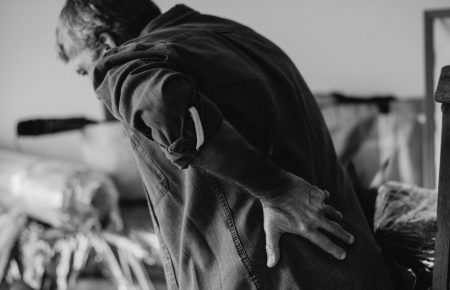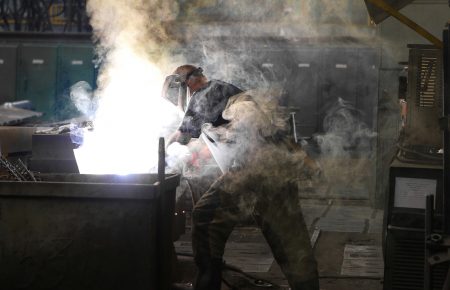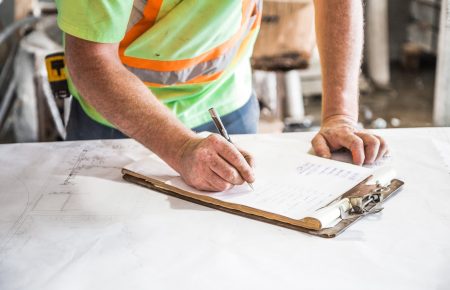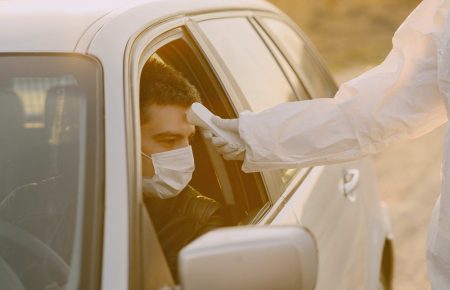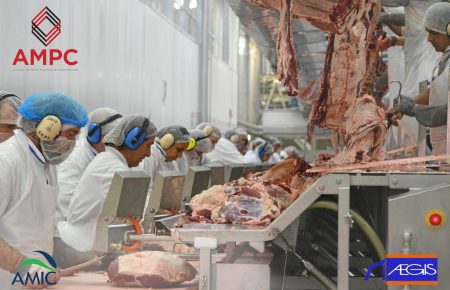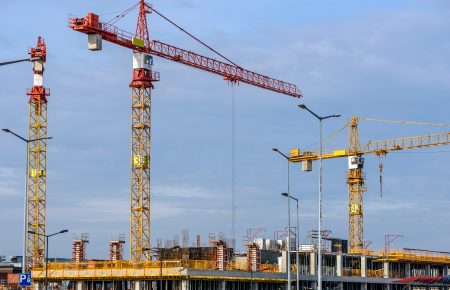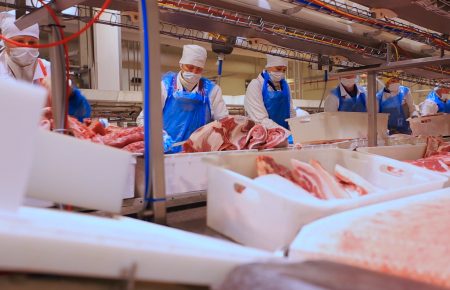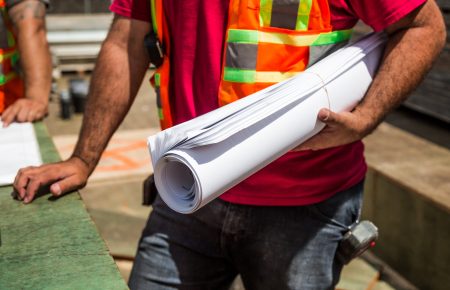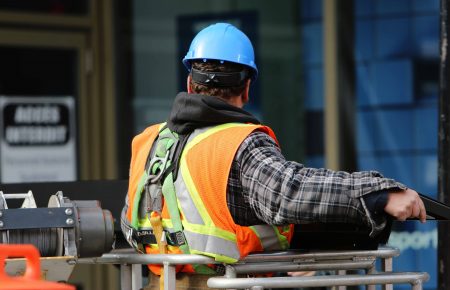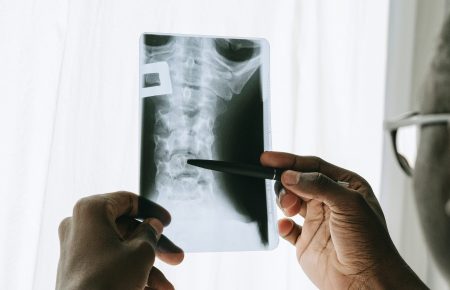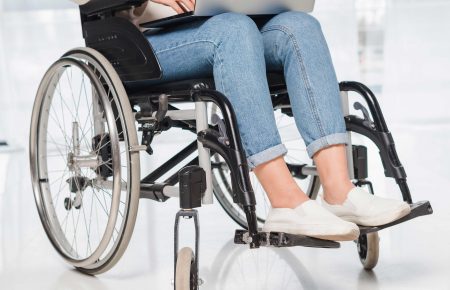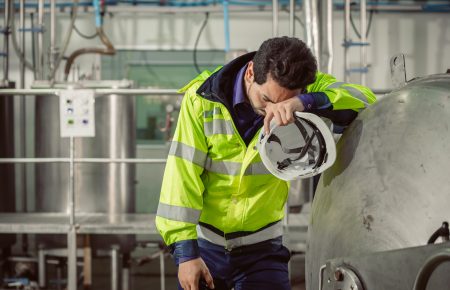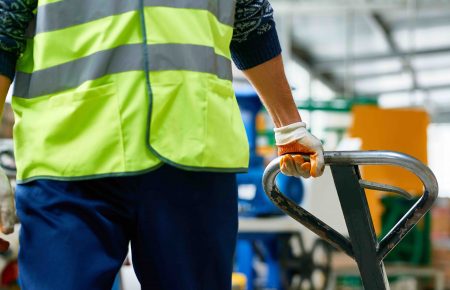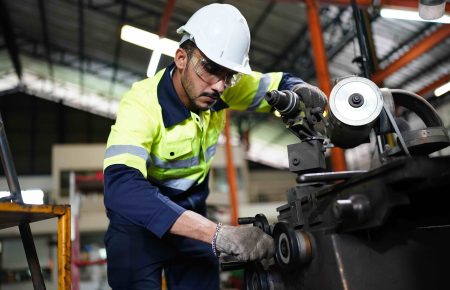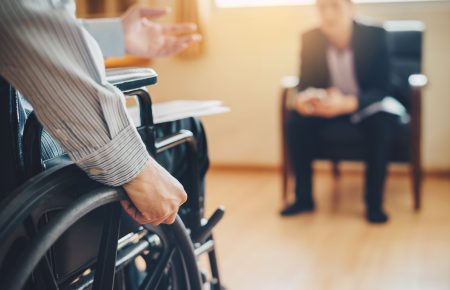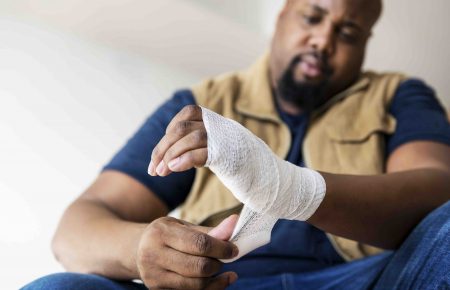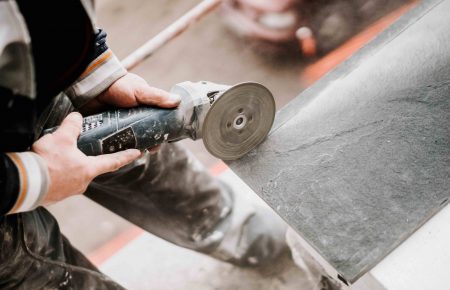With many businesses forced to close due to the coronavirus (COVID-19) pandemic, entire industries are looking at an uncertain future.
For those businesses still able to remain open, the government has announced stringent social distancing and hygiene rules designed to slow the spread of the virus.
However, many questions remain around COVID-19 and what it means for employers and their workers’ compensation obligations.
WorkSafe Victoria has released a fact sheet for employers about their rights and obligations as it relates to COVID-19. In it, they answer common questions about workplaces and the coronavirus, as well as offer recommendations for employees working remotely.
The main takeaways from WorkSafe Victoria are:
Claims need to be work-related
“Workers compensation claims relating to COVID-19 will be considered on individual merits.”
— WorkSafe Victoria
Workers’ compensation claims during this crisis will still need to be work-related to be valid. So if an employee contracts COVID-19, they need to show a clear link between their employment and their contracting the virus.
WorkSafe notes that if an employee’s work puts them at higher risk because of travel or unavoidable activities, the injury is more likely to be work-related. In this case, employers should provide “details of the worker’s exposure to the virus and the link to employment” so that Agents can make liability decisions.
Working from home
“Any injury sustained whilst undertaking work duties away from usual work premises, such as working from home, is also considered as occurring in the course of employment and is covered by your policy.”
— WorkSafe Victoria
It is important to stress that when it comes to workplace changes to address the COVID-19 crisis, employers still need to be diligent about the usual health and safety procedures that employees would be subject to in the workplace.
For example, a home workstation is still required to be ergonomic, e.g. in a hazard-free area featuring chair with lumbar support and a desk or table at an appropriate height.
Working from home also means taking time to stretch and change position every 30 minutes, as well as adhering to strict hygiene protocols (hand washing, covering mouth and nose when sneezing etc.).
Employers ultimately need to ensure that there is support for these workers working remotely. In addition, employers need to consider reasonable requests to work remotely, even if most staff currently are not doing so.
Employer support might include clarifying goals and team roles, regular online meetings and encouraging workers to communicate with any existing employee assistance program.
RTW obligations
“[A]n employer’s RTW obligations (those within sections 103-109 of the Workplace Injury Rehabilitation and Compensation Act 2013 (WIRC Act) remain in place.”
— WorkSafe Victoria
An employer’s return-to-work obligations are the same during the COVID-19 pandemic but as they are “to the extent reasonable”, each case will be taken individually. WorkSafe’s RTW officers will continue to do their usual jobs.
For employers worried about their business closing, RTW planning should still continue until the business does in fact close. The same goes for RTW planning where an injured worker has been forced to self-isolate.
However, if the worker has contracted COVID-19, they must “they must consult with their employer in relation to utilising their existing sick leave (unless they have an accepted WorkCover for COVID-19)”.
To read the full fact sheet, you can access it here. For more information, visit the WorkSafe Victoria website.

